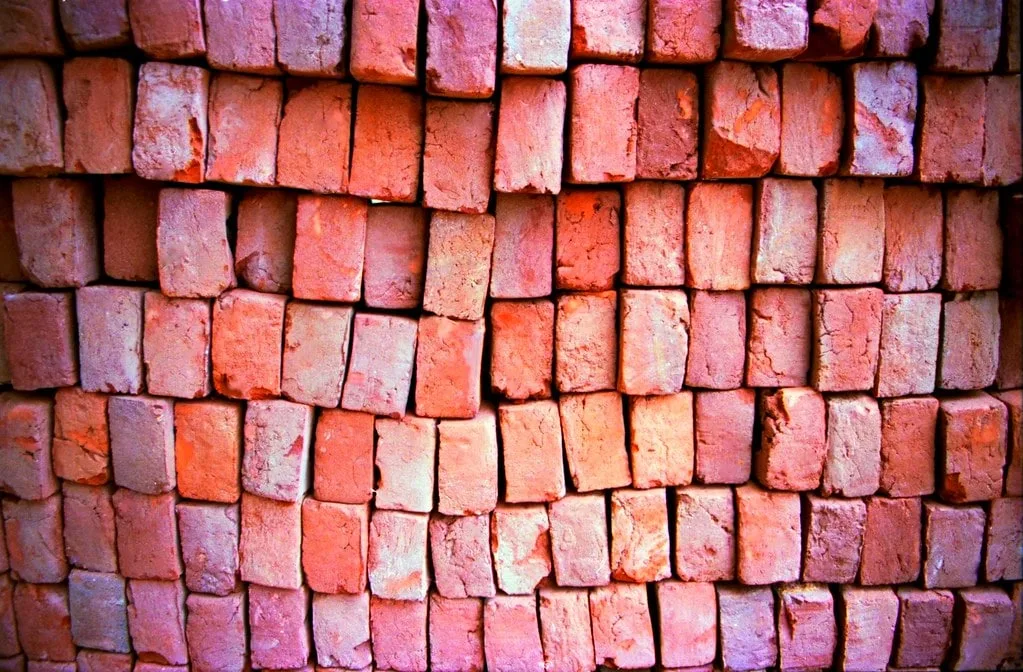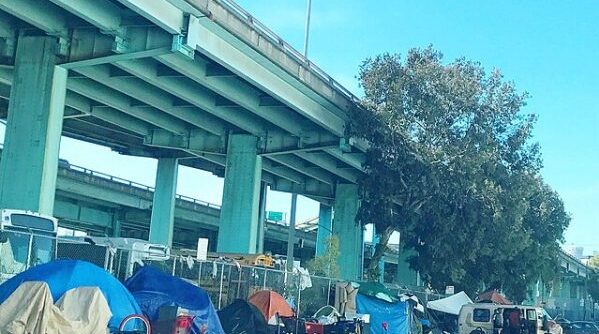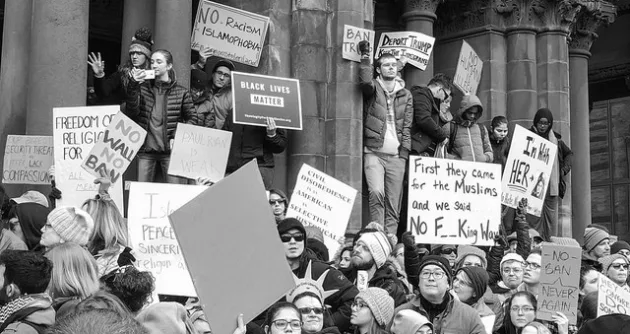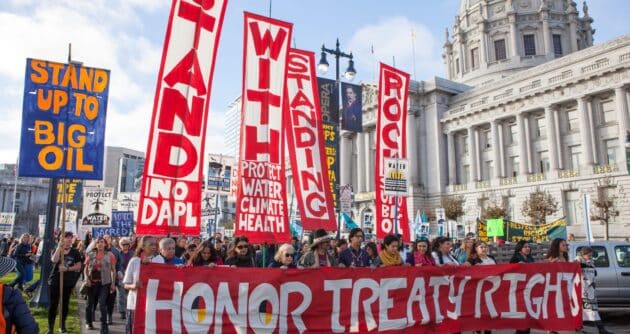By Michelle Holman and Kai Huschke
Dismantle the systems that validate oppression and racism
This article originally appeared in Eugene Weekly and is re-published here with permission.
White people in America are clearly steeped in a very real moment. We are being urged to listen, reckon, reflect and act. We are being asked, in so many ways, to open our ears, our eyes, our hearts and our brains in ways that many of us have never done before. And in doing so, there will certainly be feelings of guilt, remorse, sadness, outrage, confusion, compassion and a myriad of other emotions and impulses coursing through us.
However, if done right, what can come from this breakthrough societal moment cannot be denied. Taking the lead from communities of color, what will emerge is a clarity to drive forward the efforts needed to break the cycles of oppression and racism — to dismantle the systems that validate oppression and racism.
Together, we will build a just system that honors and respects all life. This is not only possible, but inevitable.
In a recent New York Times op-ed drafted by William Barber II, Liz Theoharis, Timothy B. Tyson and Cornel West entitled, “What the Courage to Change History Looks Like”, they said this:
“Cries of ‘I can’t breathe’ call out in compelling shorthand, America’s enduring racial chasm in every measure of well-being: health care and infant mortality, wages and wealth, unemployment, education, housing, policing and criminal justice, water quality and environmental safety. The bills that bustle through our legislatures offer narrow reforms of police procedures and bypass the fullness of what the protesters are saying: The children of privilege are protected not by a higher grade of policing, but by deeper layers of resources and that is what ought to protect all of our children.”
The collective goes on to sharpen their ridicule of legislative bodies by saying, “You cannot solve what is happening to Black people in this country by ‘mere policy tinkering,’ but that you must dismantle “the interlocking systems created by and for white supremacy and gender-based oppressions.”
It is also why the Movement for Black Lives (M4BL) lays out various demands versus narrowing their focus on just the brutality of policing towards Black people. A critical piece — one that does not receive the attention it deserves to those “interlocking” platforms — is the call for community control:
“We demand a world where those most impacted in our communities control the laws, institutions and policies that are meant to serve us — from our schools to our local budgets, economies, police departments, and our land — while recognizing that the rights and histories of our Indigenous family must also be respected.”
This is not a new demand, but one that has been part of Black resistance since its inception. The ability to self-determine is a necessary element for balance, equity, survival, evolution and the protection of the sacred. This drive for self-determination — a community self-determination — cannot be stopped or ignored.
We include the two following clauses, not as a distraction from the focus on Black lives, but as a sharpening of that lens, by reminding everyone that the drive for community control is universal. It is inherent. It is what we all want and it can be a major aid in universally binding us together:
“Indigenous peoples have the right to self-determination. By virtue of that right they freely determine their political status and freely pursue their economic, social and cultural development, according to Article 3, United Nations Declaration on the Rights of Indigenous Peoples.
The people of Lincoln County possess both a collective and individual right of self-government in their local community, a right to a system of government that embodies that right, and the right to a system of government that protects and secures their human, civil, and collective rights, says the law adopted by the people of Lincoln County to ban aerial spray of pesticides”
The dismantling of “the interlocking systems, created by and for white supremacy and gender-based oppressions,” is a must. But before we even arrive at the moment where those systems come crumbling down, we need to envision what we want to collectively rebuild.
Recognizing that so many of us want the same things — that we understand that decentralizing power is vital to achieving our collective needs and desires, will be the very power that sends us on the path forward. Recognizing that whether we call it sovereignty or community control or self-government, we are saying the same thing — that we need to be decision-makers in our communities, thereby creating real, authentic, capital D Democracy.
Barber, Theoharis, Tyson and West finish their statement on the state of America and Black lives by saying, from a place of love and vision, that, “All demand that our legacy must include a livable planet. Black and white, immigrant and Indigenous, Asian-American and Latinx, straight and LGBTQ, of every hue and faith…”
We are all being called out, called up, called to come together, and called to act. Let’s change history together.
Michelle Holman is a community organizer for Community Rights Lane County and the Oregon Community Rights Network. Kai Huschke is the Northwest organizer for the Community Environmental Legal Defense Fund.



